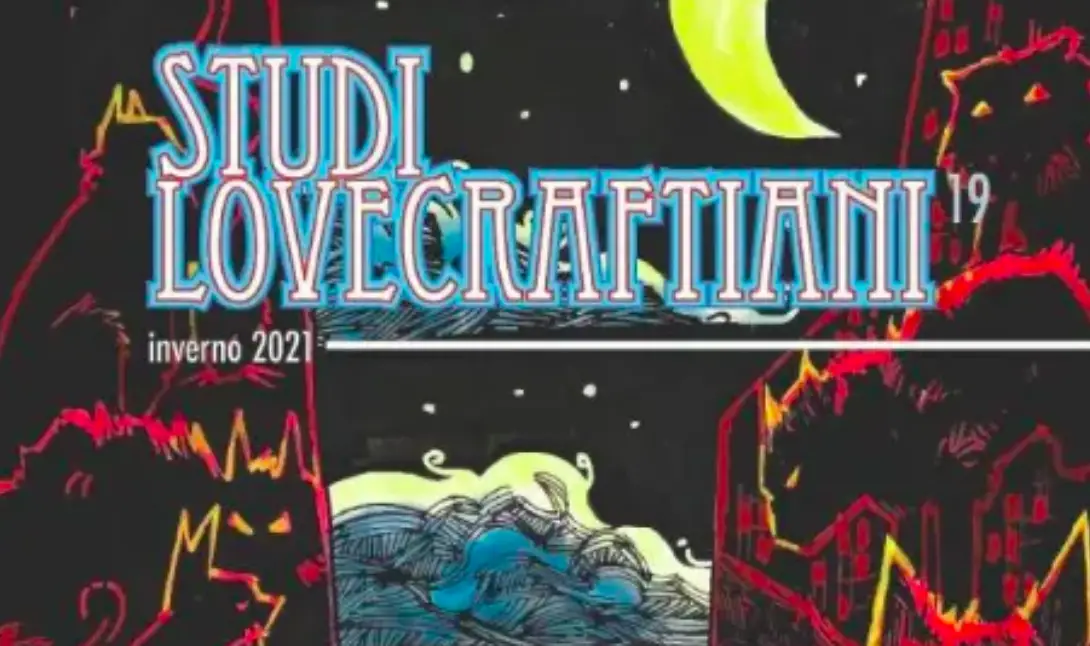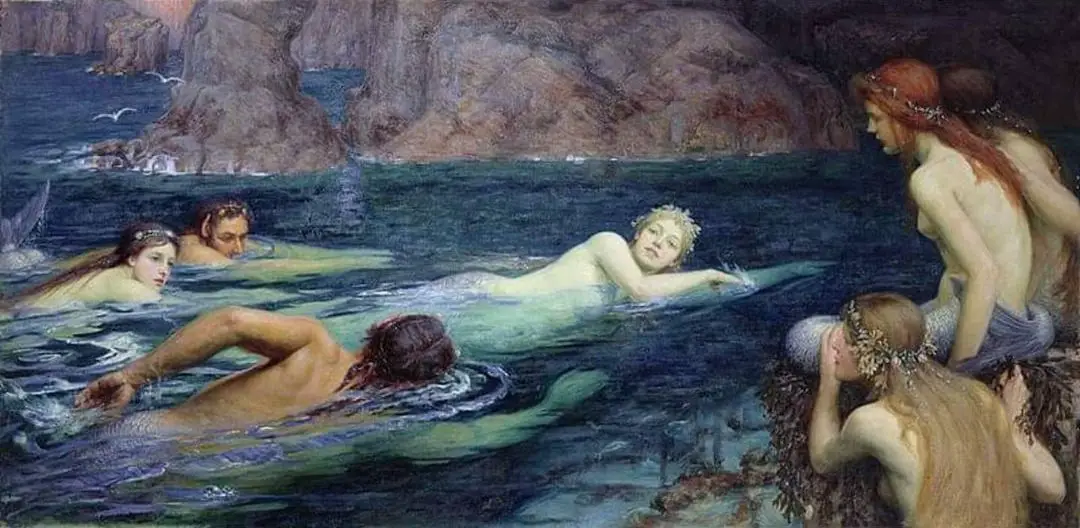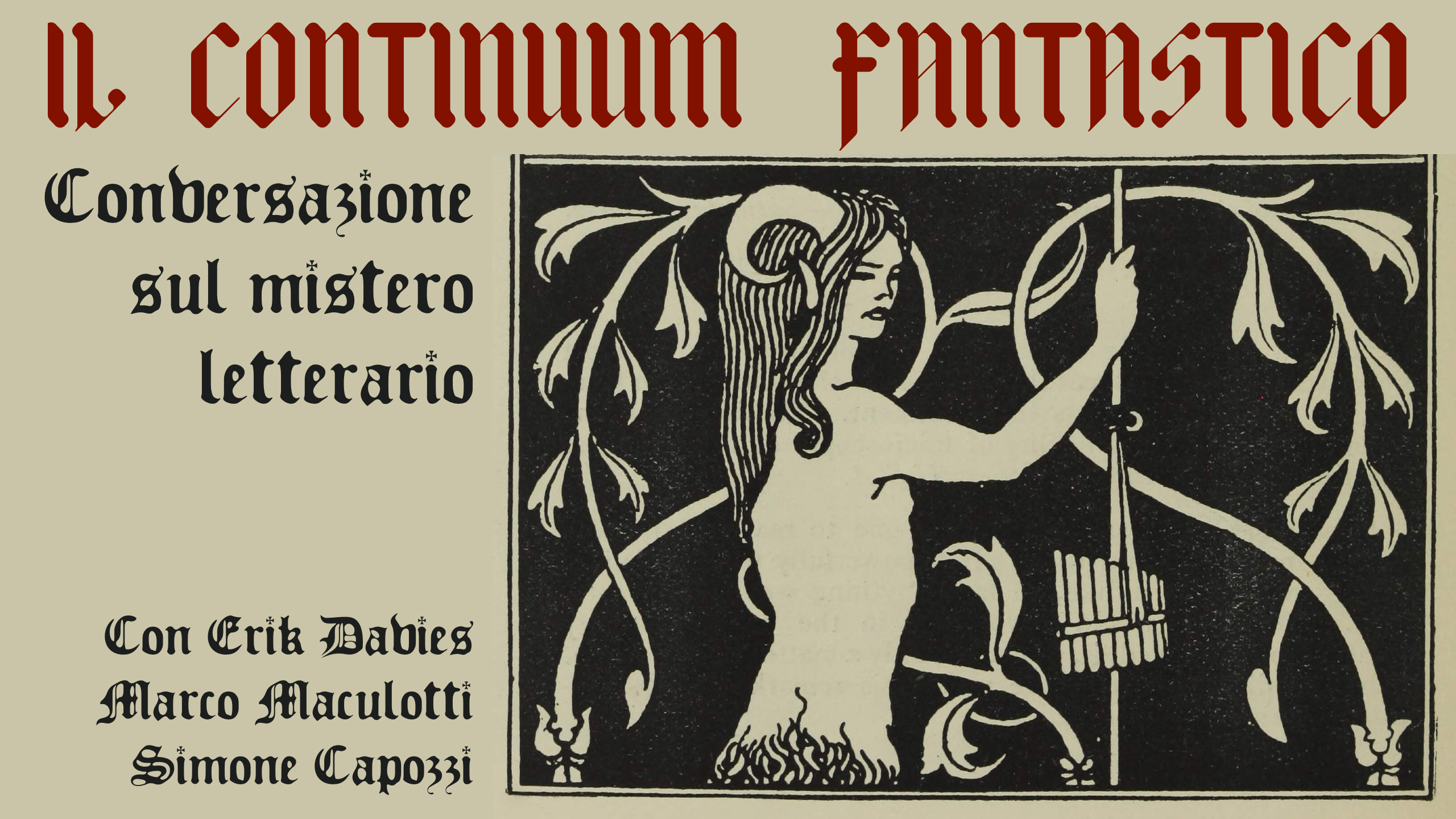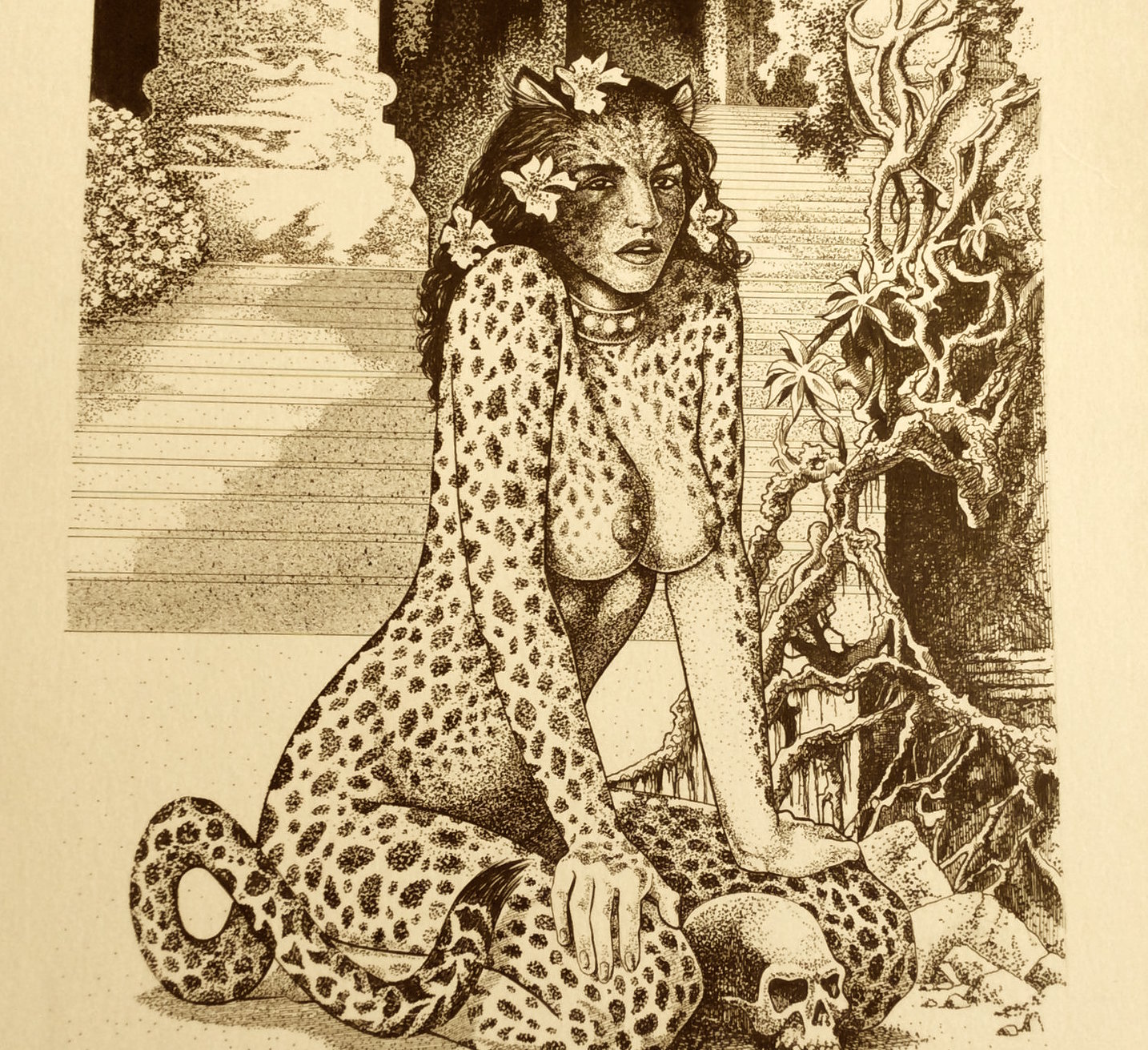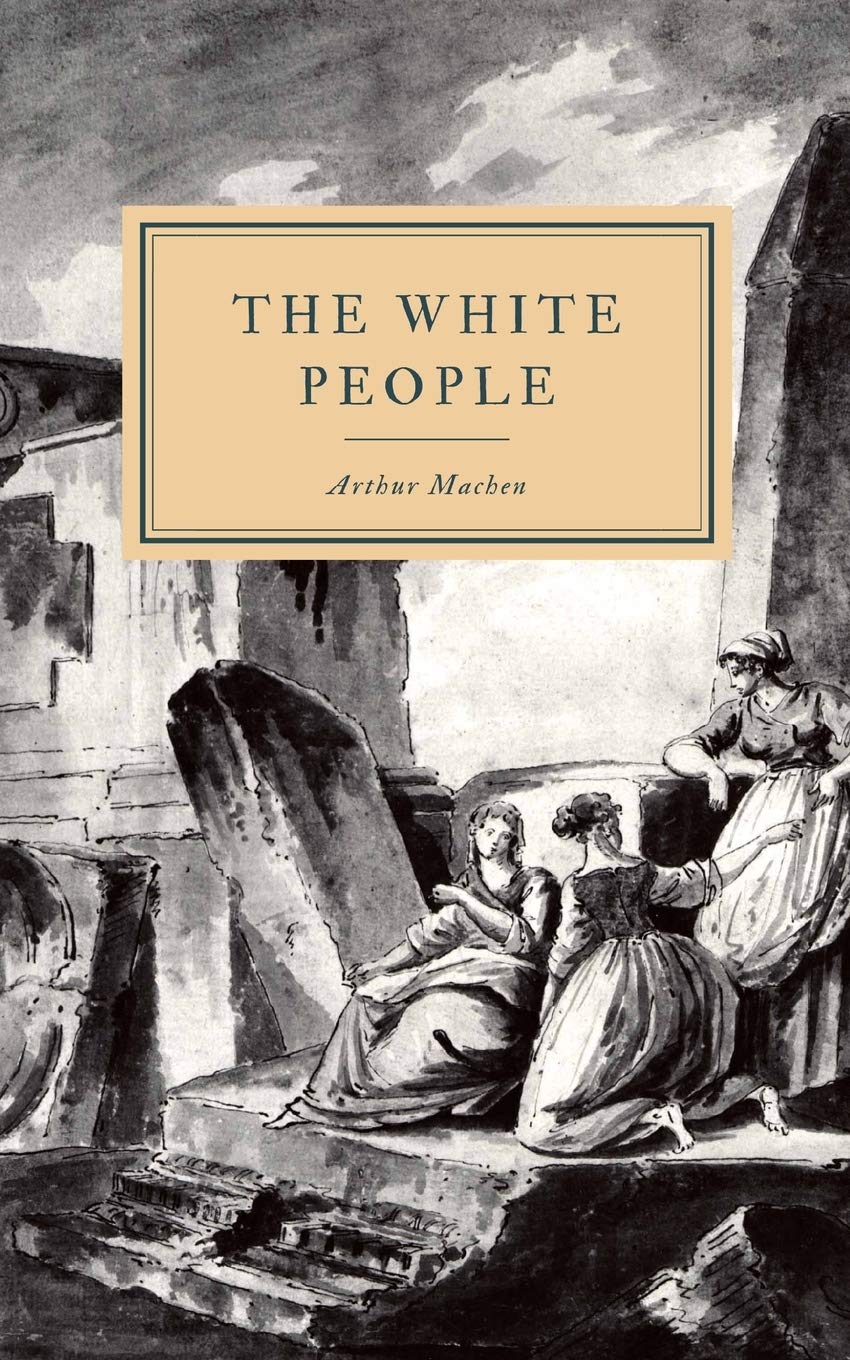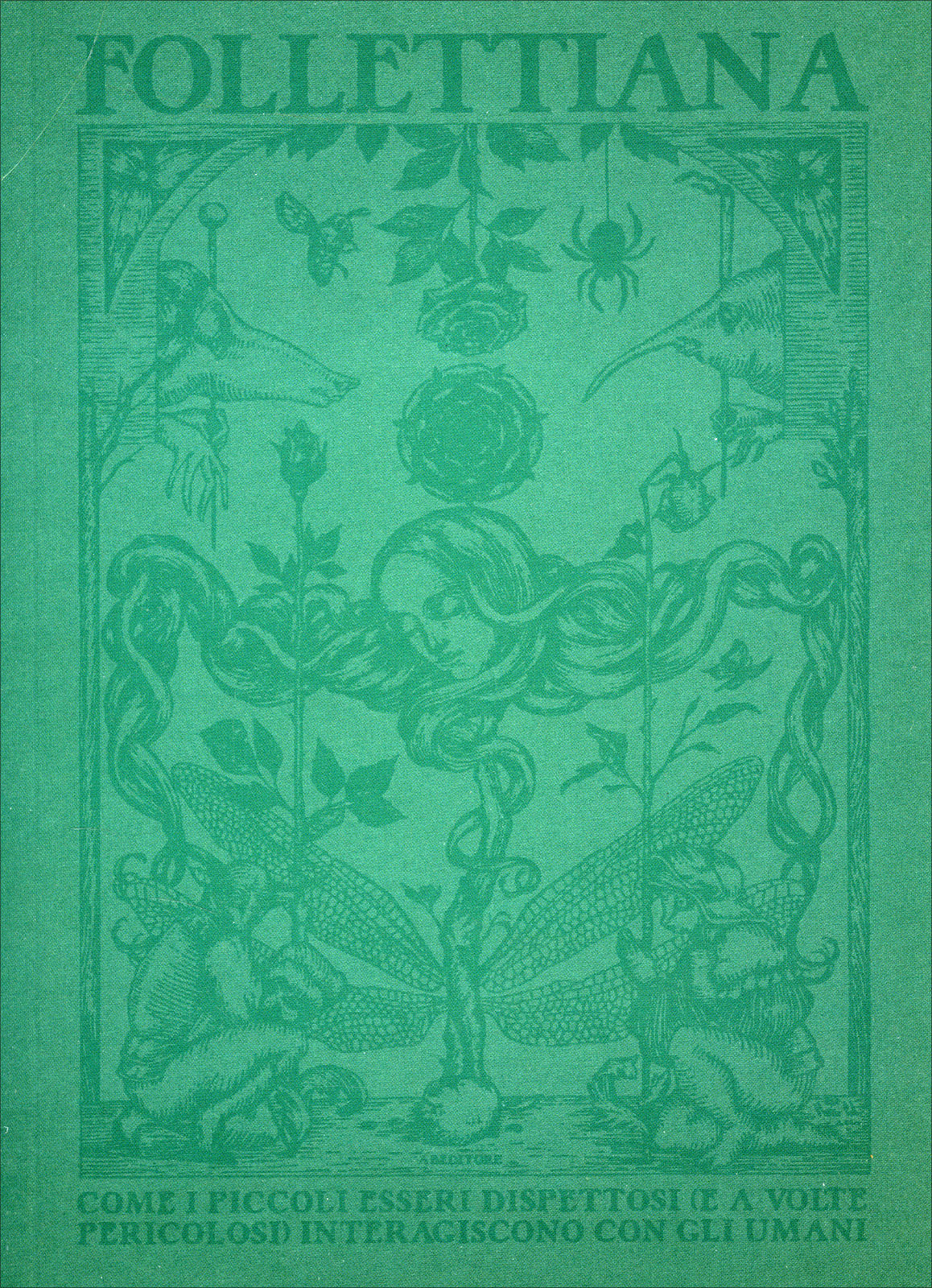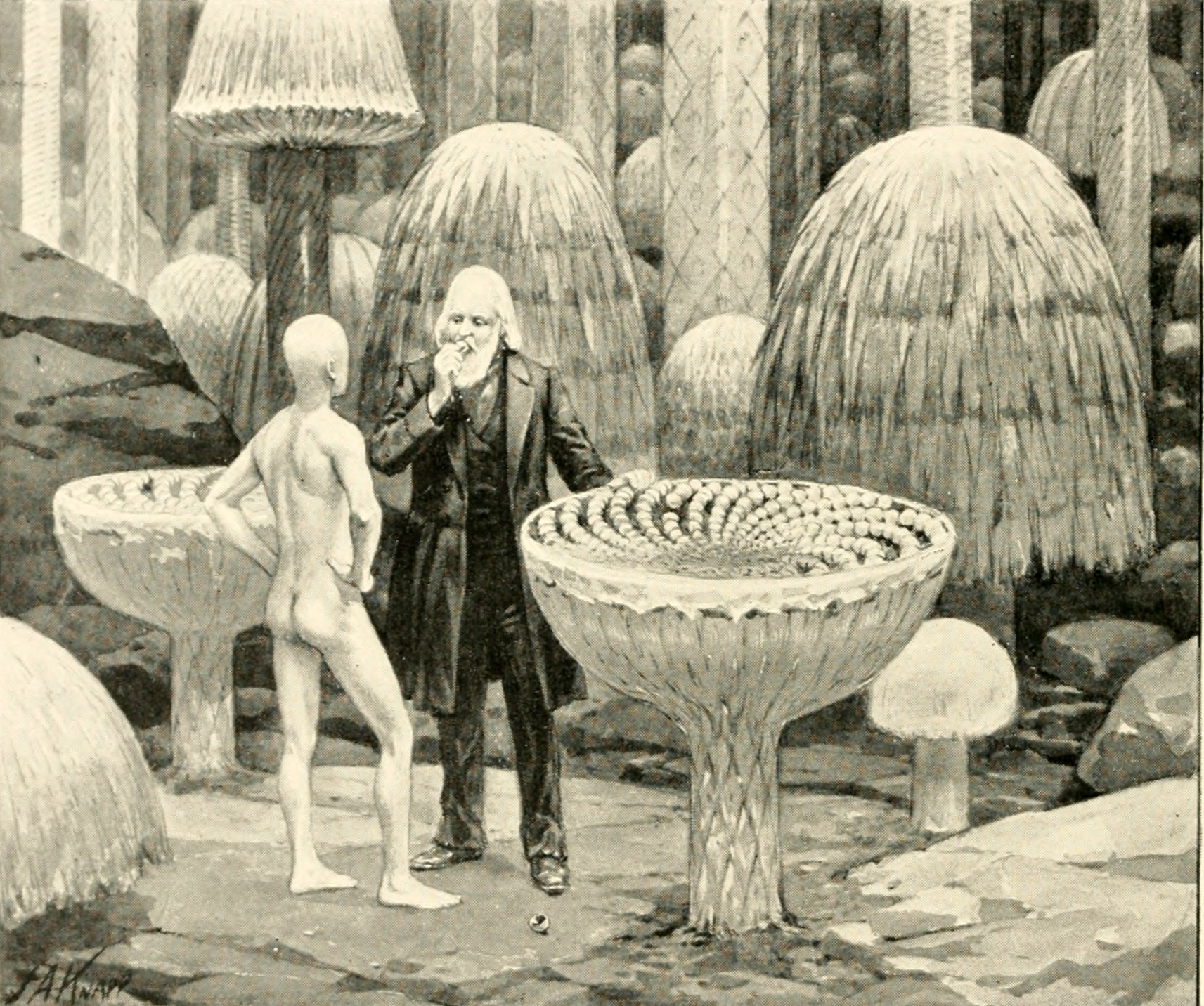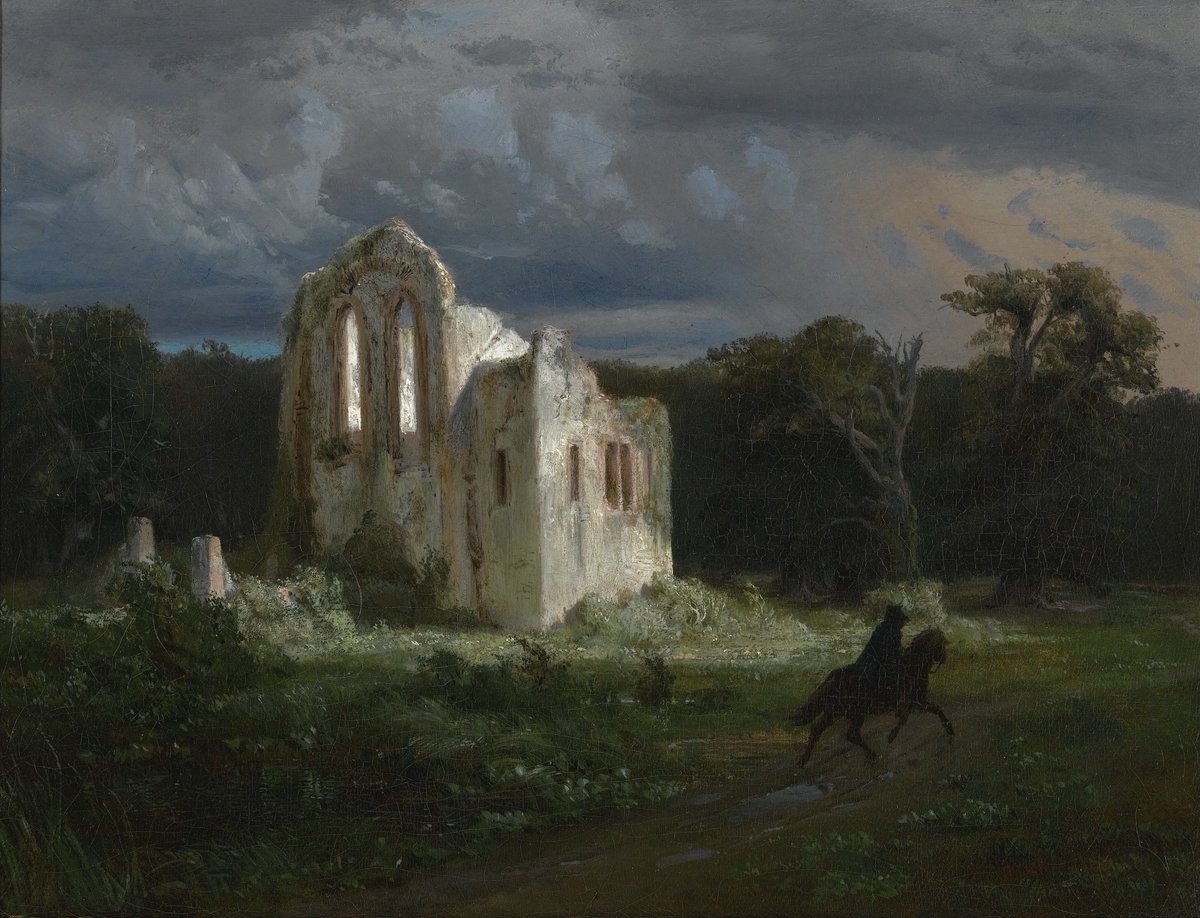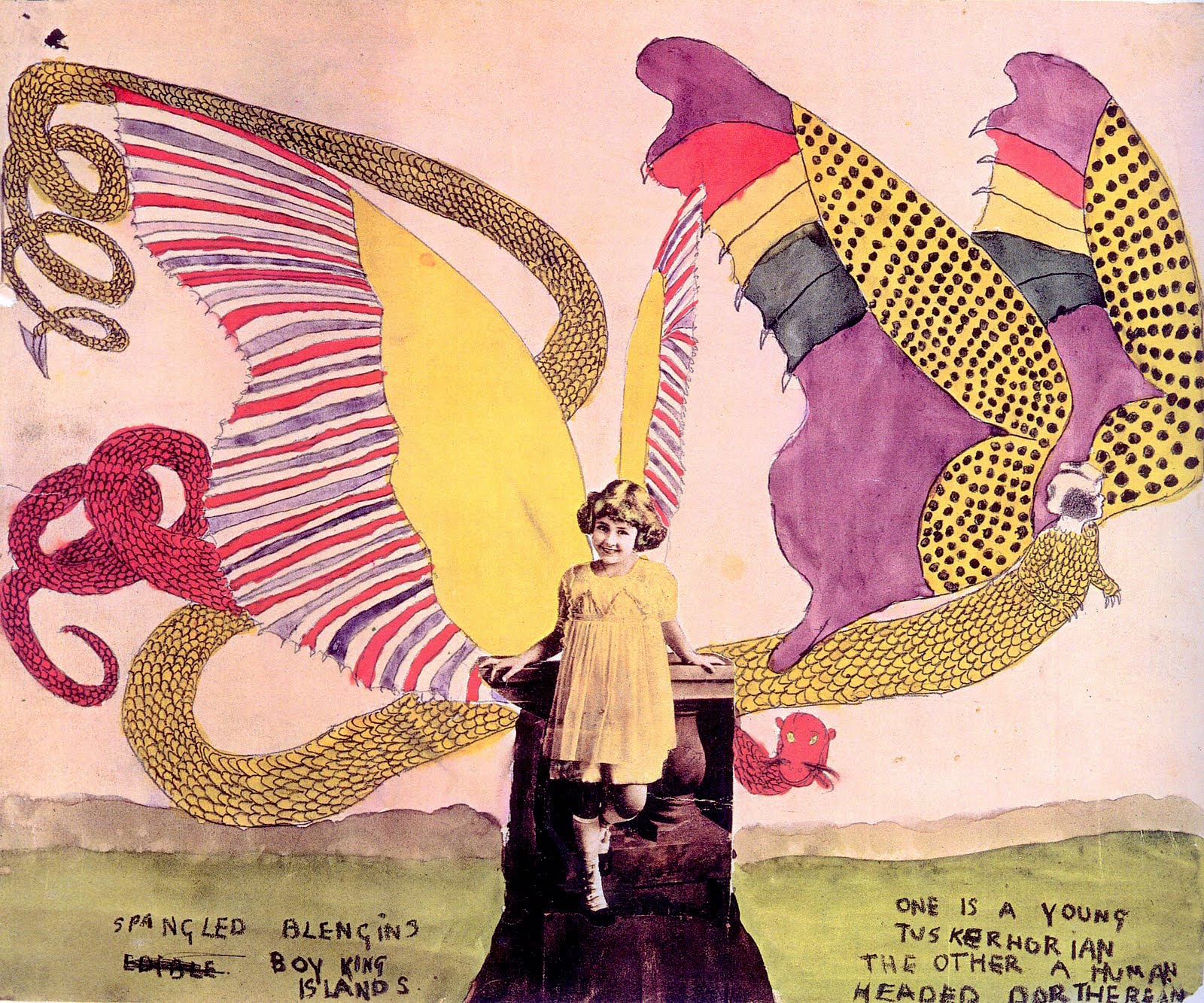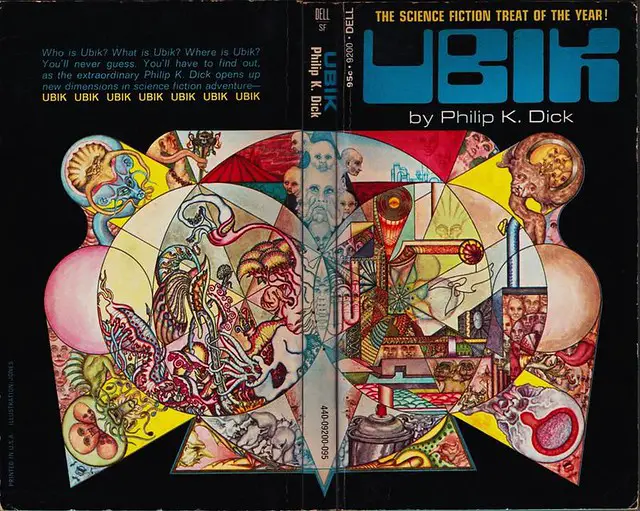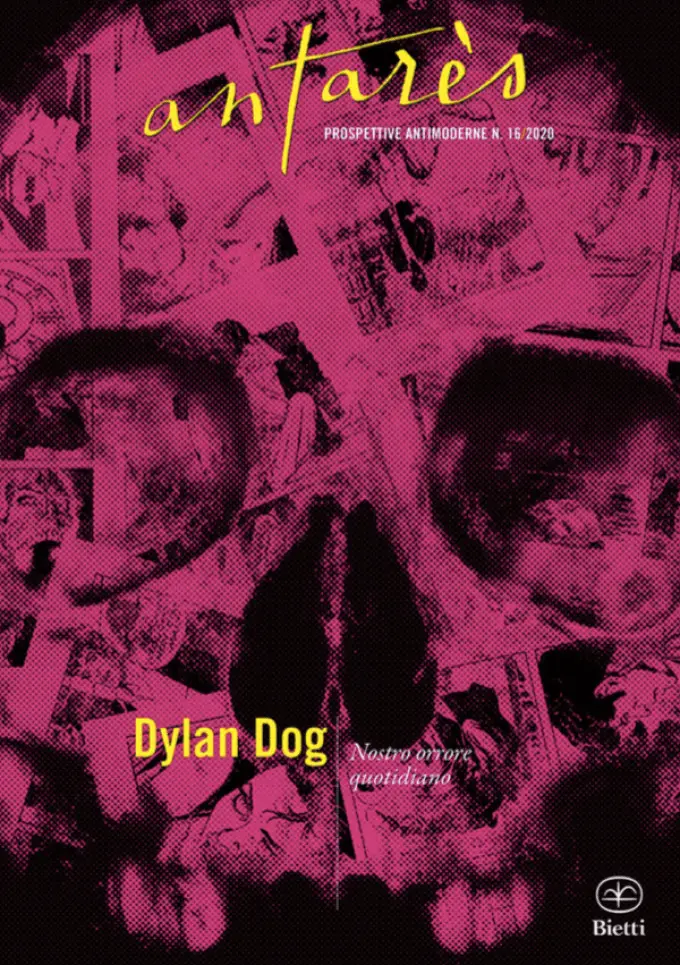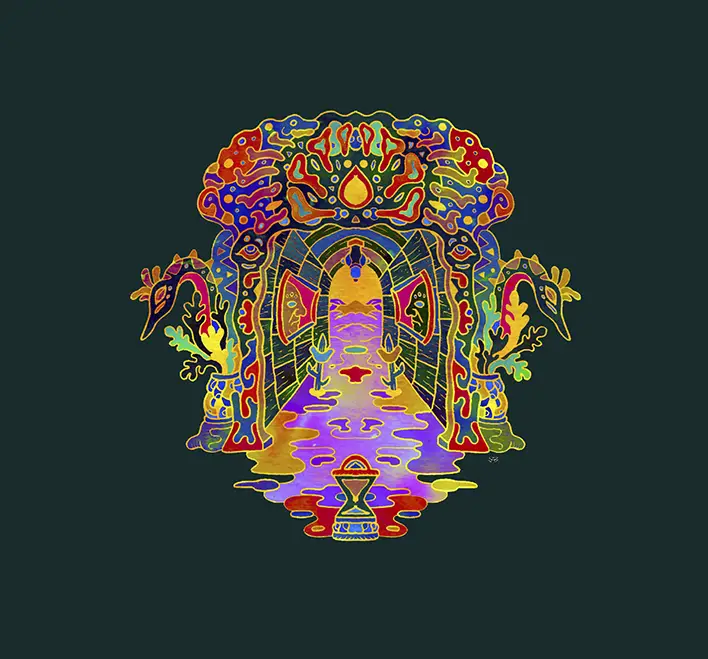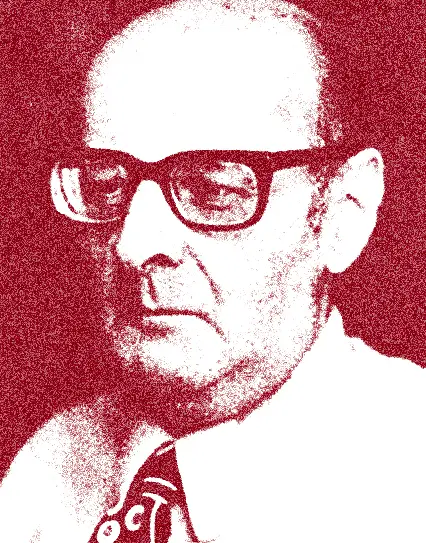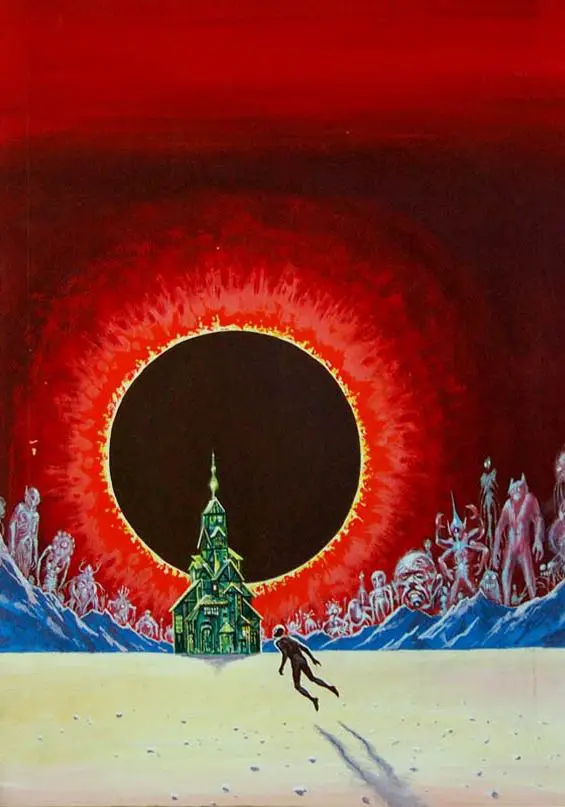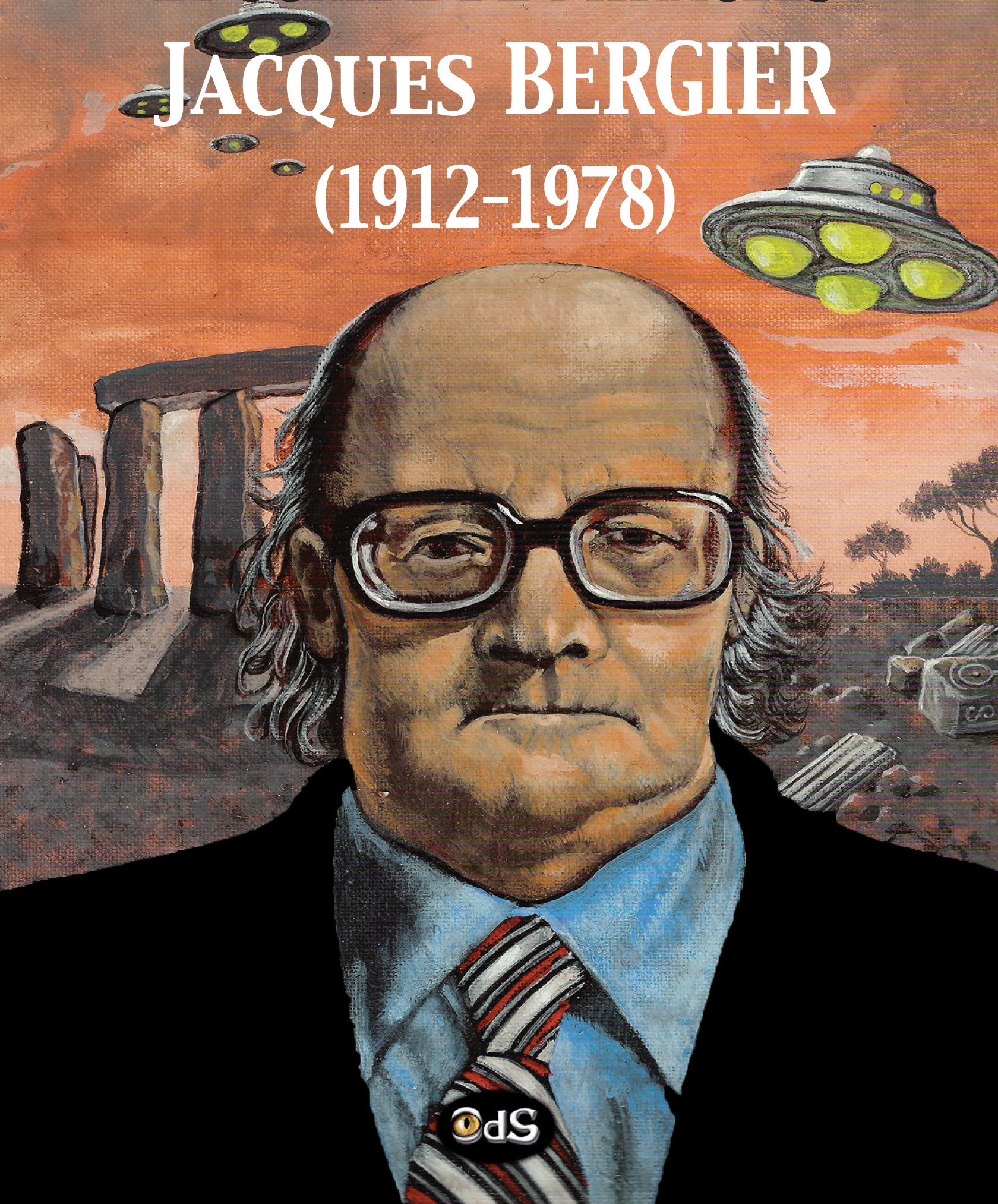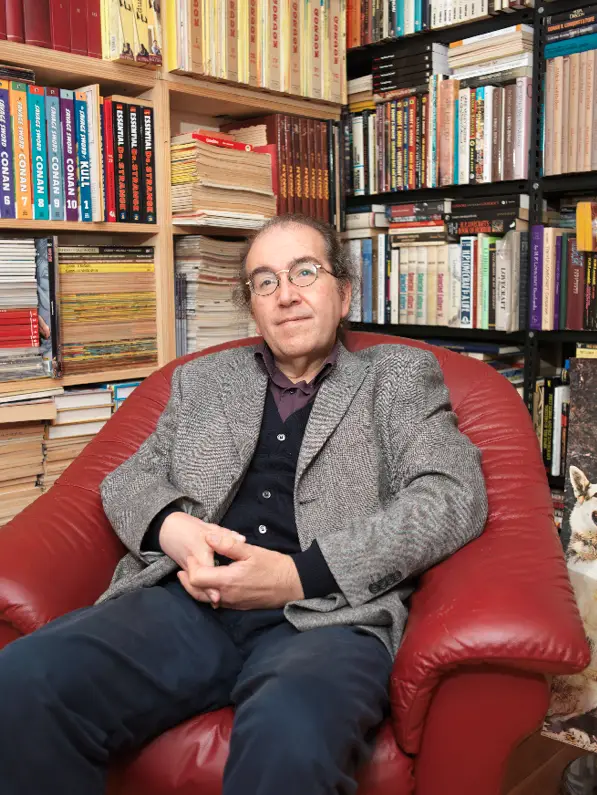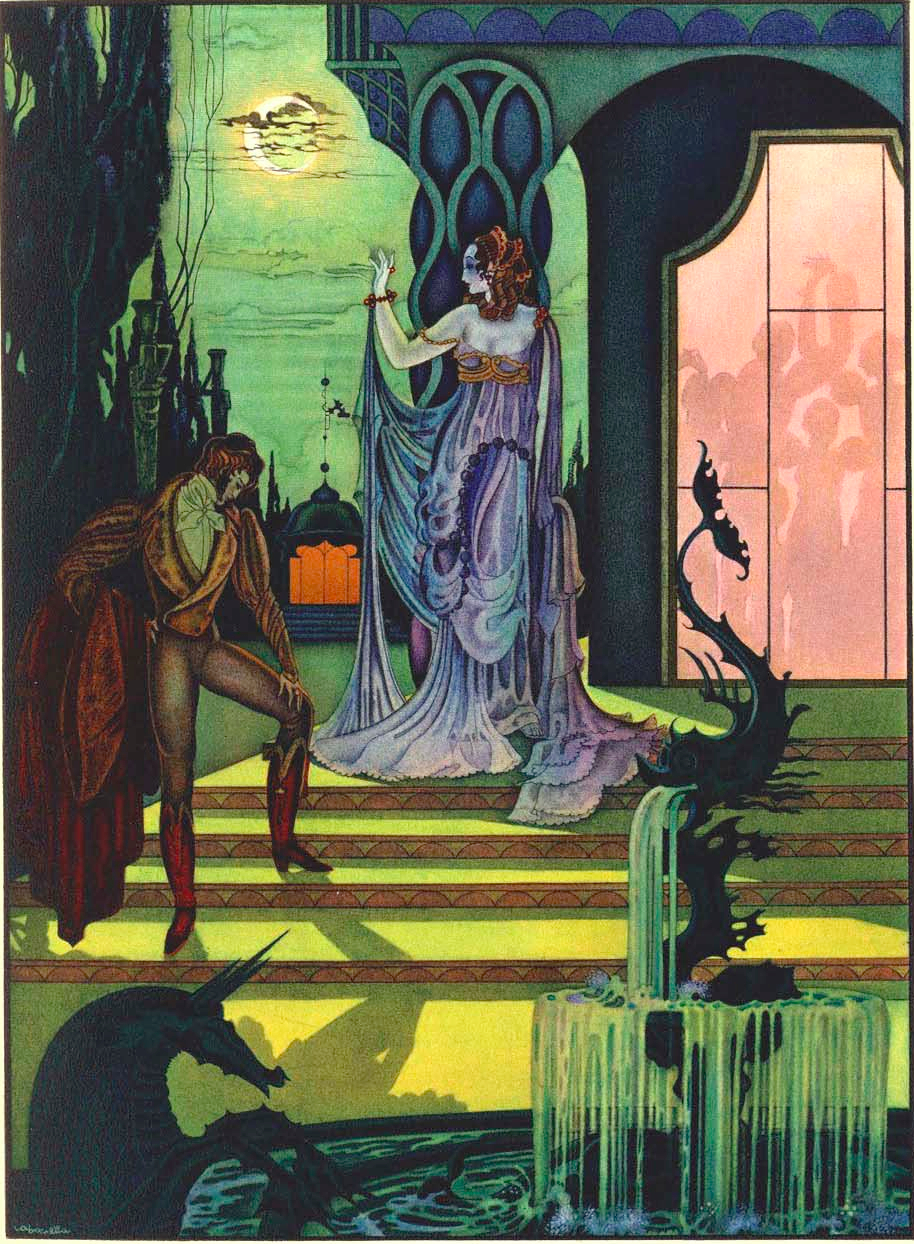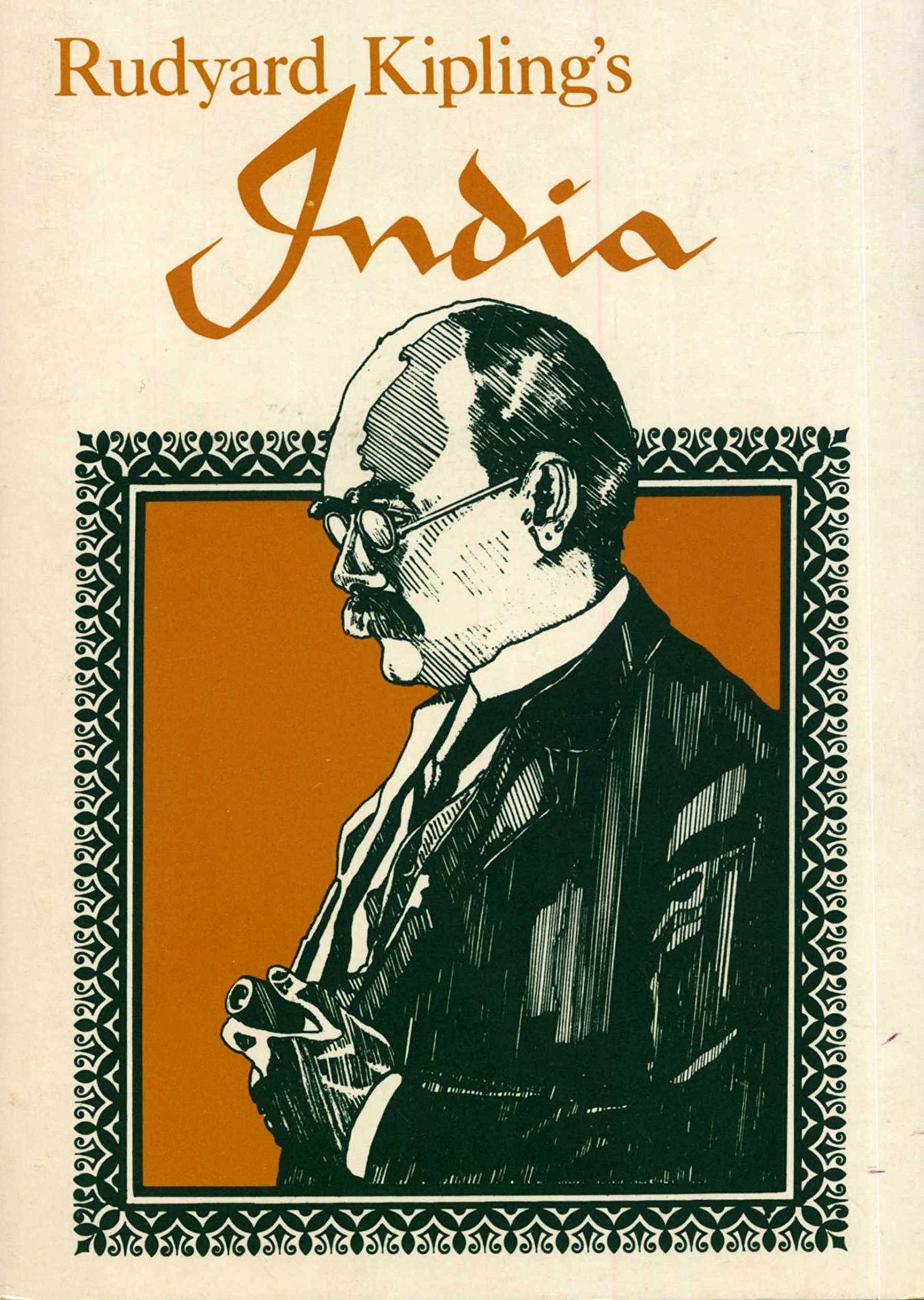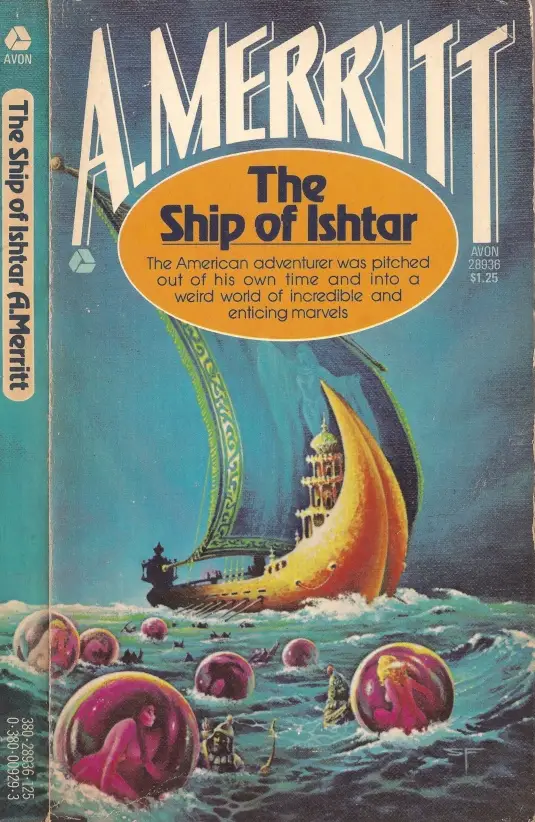Tag: Fantastic
Robert E. Howard, the gentle giant of Cross Plains
Through unpublished texts and critical contributions, the seventh issue of "Zothique" (magazine of fantastic and weird literature published by Dagon Press) portrays one of the greatest contemporary authors in all his human and literary dignity.
"Lovecraftian Studies" 19
He's out issue 19 of "Lovecraftian Studies", a journal of studies dedicated to the Providence Dreamer published by Dagon Press. In this issue, also our full intervention on the issue concerning the racism of HP Lovecraft, particularly thorny in recent years.
Muses, sirens and black stars: the cruel tales of Carlo H. De 'Medici
In the panorama of Italian fantastic and supernatural fiction, a prominent place must be reserved for Carlo H. De 'Medici, whose "black" stories, written in the 20s, were inspired by both the psychological horror of Edgar Allan Poe and Auguste Villiers de l'Isle-Adam, both from the French decadentist vein. Here we analyze the stories of him contained in the anthology "The cemetery mice", recently reprinted by the types of Cliquot Edizioni.
"The fantastic continuum: a conversation about literary mystery"
"You give yourself hours, and even whole days, which are, I say it unambiguously, like tears in the approximate and plausible fabric of our existence [...] as if they had forced you to take a look at the dark reverse of things, there where everything is frost and horror. In other words, as if you had given a turn to the moon ”.
(Thomas Landolfi, Voltaluna, 1942)
Out now! "Cheetah, the Cheetah Girl" by Christopher Blayre
It just came out in bookstores, thanks to Dagon Press, The Cheetah Girl by Christopher Blayre (aka Edward Heron-Allen), "cursed" novel hitherto unpublished in Italy, written in the 20s and remained virtually unknown until the end of the XNUMXth century due to its burning themes, between extreme eroticism and eugenics. It contains seven appendices, including our afterword «Fatal and feral females in fantasy and horror literature».
Arthur Machen: Witchcraft & Holiness
On December 15, 1947, Arthur Machen, one of the most important authors of British fantastic literature, left our world. In memory of him, we give a rereading to one of his most philosophical extracts, the prologue of the story The White People, written in the 1904.
“Follettiana”: 14 classic tales from all over the world about fairy beings
The collection of short stories published by ABEditore ranges from the XNUMXth to the early XNUMXth century, with stories that refer to British, Italian, Japanese, Korean and Indian folk traditions.
Science and fantasy: “Etidorhpa”, John Uri Lloyd's Hollow Earth
In John Uri Lloyd's "Etidorhpa" the passage from the materialistic nineteenth century to the quantum twentieth century is condensed, ambiguous and relativistic, under the banner of Heisenberg's uncertainty principle: a century in which the fantastic resurrects in the heart of that same science that had naively believed to exorcise him.
“Ombra”, the chivalrous arabesque of the poet who anticipated the fantasy-quest and… Jung
The short story "Shadow" by the poet Sarah Dana Loring, originally contained in the "Arabesques" published in 1872 under the name of her husband Richard S. Greenough, is emblematic of the author's foresight in anticipating certain literary strands such as Sword & Sorcery and even some conceptions of the philosophy of the deep Jungian. Now available in Italian thanks to Dagon Press.
In the Realms of the Unreal with Henry Darger and the Vivian Girls
Today Henry Darger, who died a few months after the discovery of his gargantuan work "In the Realms of the Unreal", is considered one of the greatest exponents of the so-called "art brut", that artistic production made by people often on the margins of society, as inmates and psychiatric patients. Illustrated by more than 300 watercolors, his creation was set in an alternate world where the atheist and slave nation of Glandelia and the Christian and free nation of Angelinia, led to freedom by the Vivian Girls, fought.
In the beginning was the Word: the fantasy of Philip K. Dick in "Ubik"
Ubik is a meta novel. Everything in Ubik is verbalism, pure fiction. Ubik is the verb that "exists from the beginning", the verb that creates worlds. Ubik is pure appearance, but it is also the Principle. Platonic quotations emerge here and there in the novel: above all the Myth of the Cave and the curious application of the doctrine of universals: "things" are only masks placed on other masks, which fall as the process of regression or decay breaks down on them.
ANTARÈS n. 16/2020: “Dylan Dog. Our daily horror "
We would like to point out to our readers the publication, for Edizioni Bietti, of the new monographic register of the magazine «Antarès - Prospettive Antimoderne», entirely dedicated to the «Investigator of the Nightmare» Dylan Dog and his creator Tiziano Sclavi, with our article (by Marco Maculotti) dedicated to the «Zone of the Twilight», and others by authors already published on our pages (Andrea Scarabelli, Sebastiano Fusco, Piervittorio Formichetti).
“Beyond the Real”: for a Metaphysics of the Fantastic
That of narration was born as a profoundly sacred practice: in narrating and narrating the world, man continually recreates and re-establishes it, since “he no longer lives in a purely physical universe, but in a symbolic universe. Language, myth, art and religion are part of this universe, they are the threads that make up the symbolic fabric, the tangled web of human experience ". The narration thus soon becomes the key to the innumerable doors of the Mystery, to a relationship between different yet authentically real dimensions.
The "Great Game" by Jacques Bergier
"Lover of the Unusual and Scribe of Miracles" (as his visiting card stated), co-author with Louis Pauwels of the cult book "The morning of the wizards", explorer of infinite spaces, cosmonaut of inner space, scientist, agent secret, visionary, alchemist: all the faces of Jacques Bergier in his autobiography, "I'm not a legend", just published in Italian by Bietti publisher.
"The House on the Abyss" by William Hope Hodgson
A descent into hell turns into a space-time wandering. On the threshold of the twentieth century, the traditional katabasis is now tinged with the gloomy hues of already Einsteinian cosmicism. In a universe that has lost its center for centuries, WH Hodgson tries for the last time to get an overview of the Whole. The vision that he gives us is that of a universe without holds, in perennial decay, dominated by unknown forces that embody chaos and death, anticipating what will be the typical nightmares of HP Lovecraft's sepulchral nihilism.



